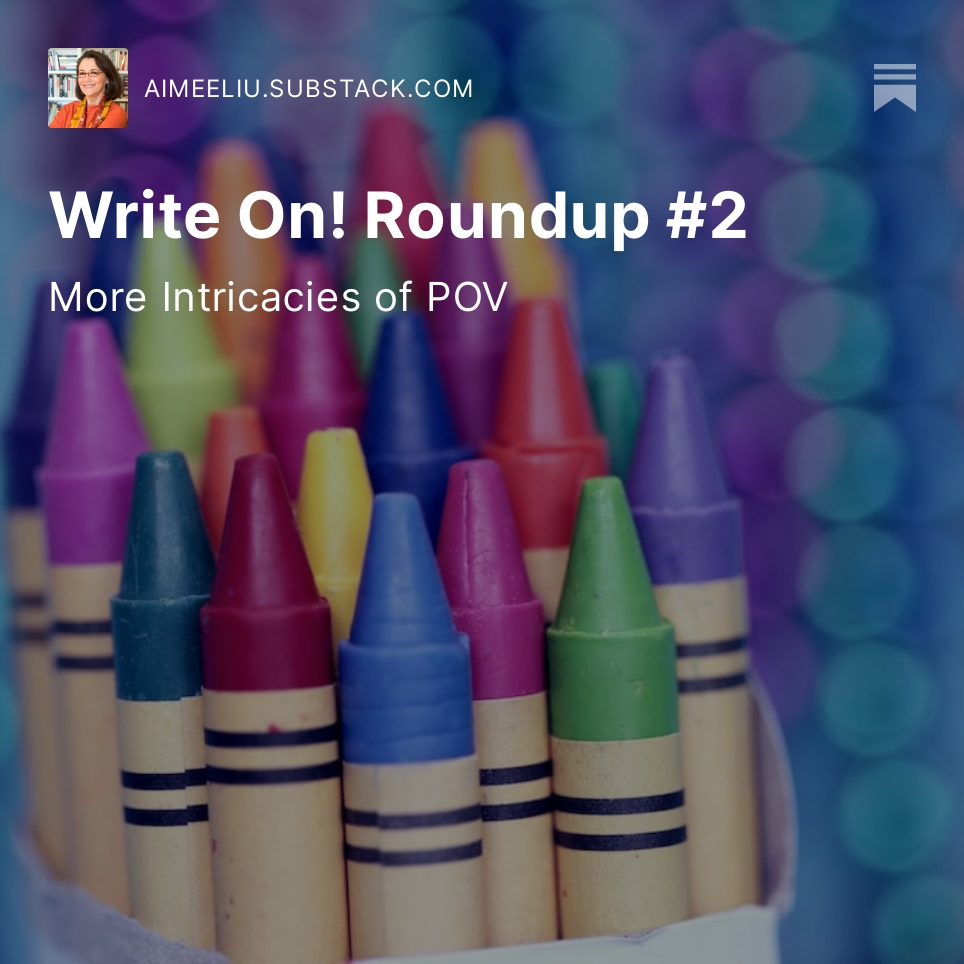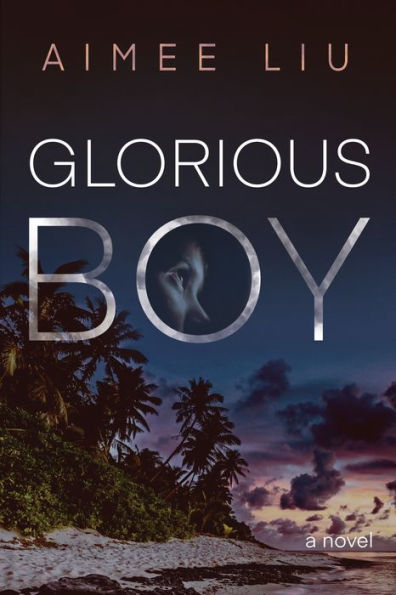Intricacies of POV
 This is the biweekly writers’ Q&A from the MFA Lore section of Aimee Liu's Legacy & Lore newsletter @Substack.
This is the biweekly writers’ Q&A from the MFA Lore section of Aimee Liu's Legacy & Lore newsletter @Substack.
Become a paid subscriber HERE to read the whole Roundup.
Welcome to our second Roundup, everyone!
I appreciate this week’s terrific questions. I’m in the thick of these same issues with my own work, so it was good to give them a bigger think here.
Before we plunge in, please remember that writing is a game that requires us to break as many rules as we observe. Prescriptions are for pharmaceuticals, not literature. So, while these answers reflect my literary preferences and experience as an author and teacher, they’re only my advice. Never forget that you are the author of your work, so the ultimate decision for what goes on in your pages lies with you.
Bottom line: you can do anything on the page, as long as it works to serve your narrative purpose. The harder part for most of us is figuring out exactly what that purpose is!
Here are this week's questions:
- Should you write your story as a memoir, or as a novel?
- Should you narrate your story in 1st POV or 3rd [or a combination?]
- How to capture the full range of emotion or experience of a child, for example, while staying faithful to that child’s powers of expression?
- Is it strange to switch back and forth between first- and second-person narration?
Answers @MFALore in Aimee Liu's Legacy & Lore newsletter @Substack.
Become a paid subscriber HERE to read the whole Roundup.



